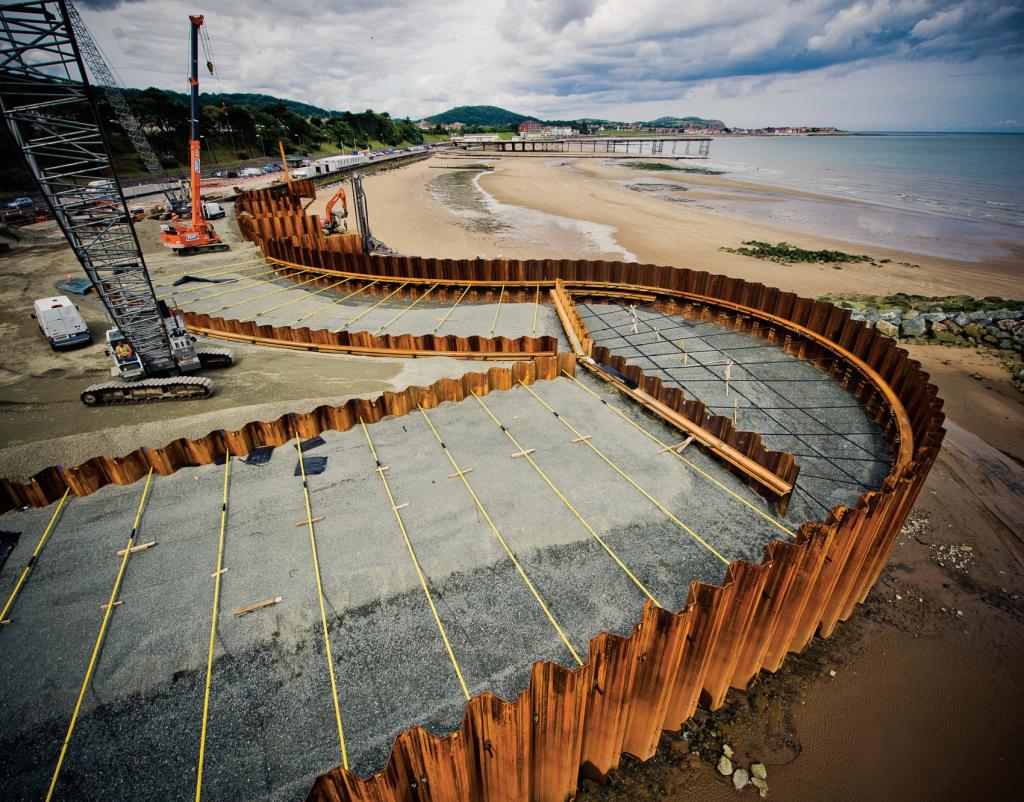Recovery and Reuse of Salvaged Products and Building Materials from Existing Structures
COST action CA 21103
The recovery and reuse of salvaged products and building materials from existing structures is an essential practice in sustainable construction and environmental conservation. This process, often referred to as building deconstruction or architectural salvage, involves carefully dismantling buildings to preserve reusable materials.
It offers numerous benefits, including significant environmental impact reduction, economic advantages, and historical preservation. Environmentally, it reduces the amount of construction and demolition debris in landfills, conserves natural resources by reusing existing materials, and reduces the carbon footprint by decreasing the need for new materials, thus reducing emissions from manufacturing and transportation. Recovery and reuse involve several steps. It begins with assessment and planning, where a detailed site assessment is performed to identify salvageable materials.
Download
 English
English
Circular Economy Design and Management in the Built Environment
This open access book offers a comprehensive exploration of Circular Economy Design and Management within the Built Environment





